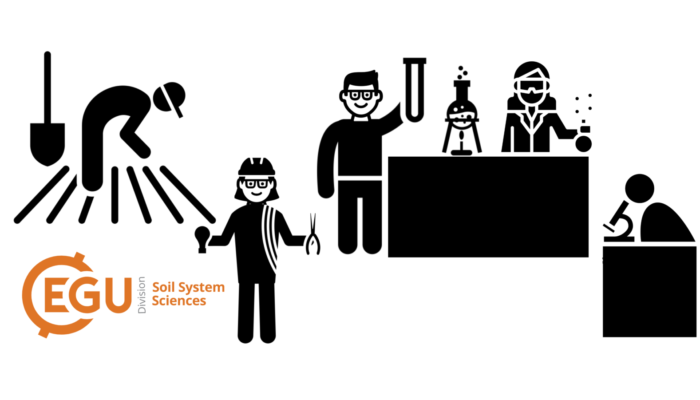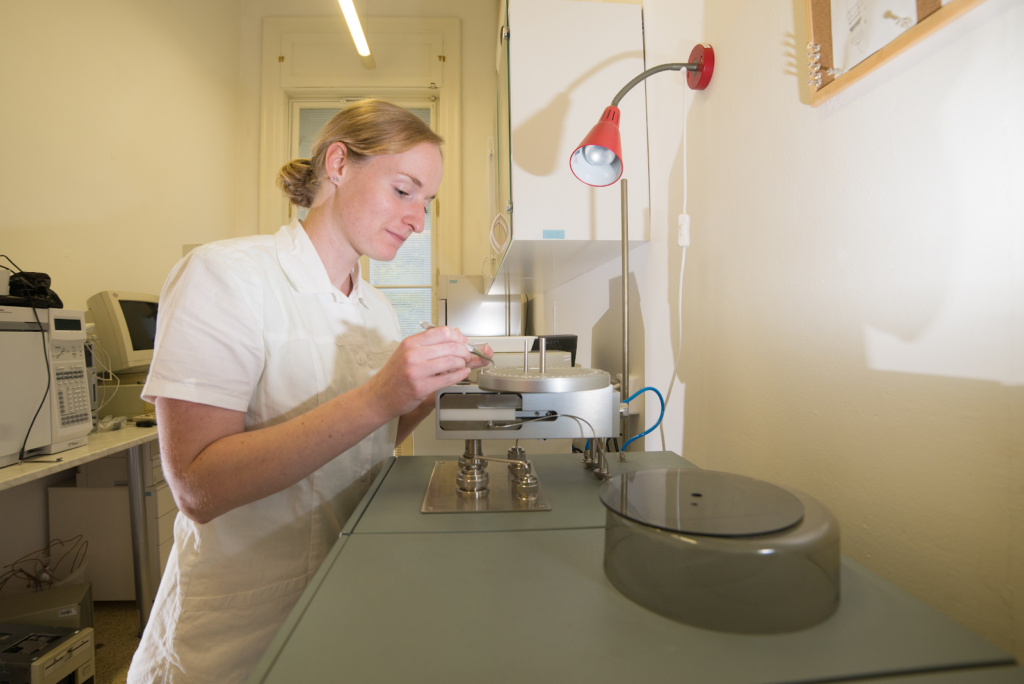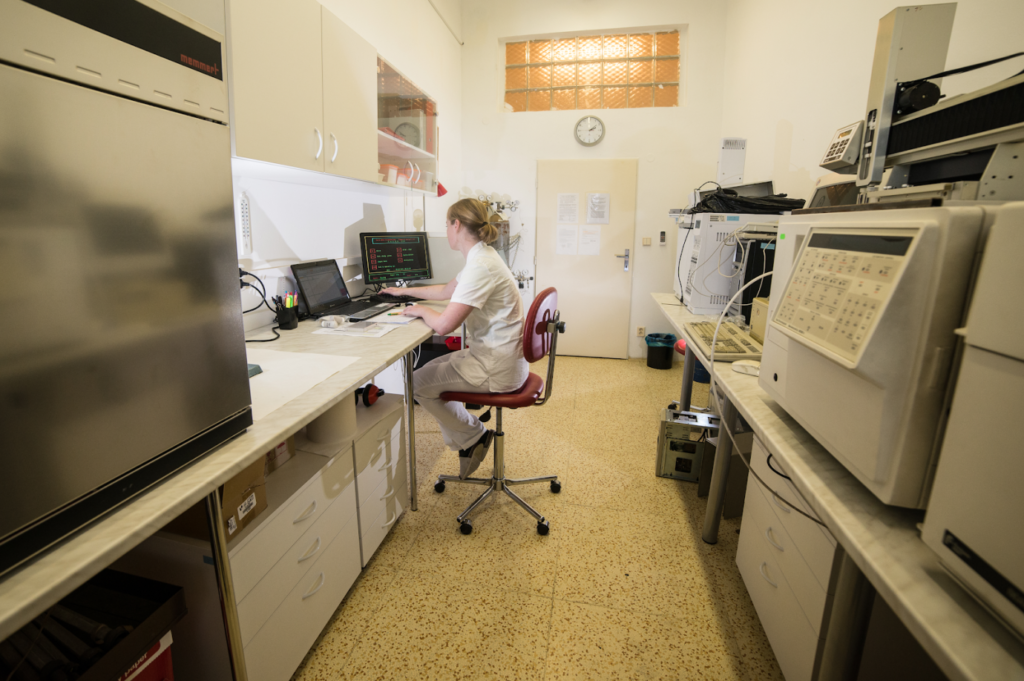
Last month, we launched the first in a monthly series of blog posts dedicated to highlighting the indispensable work carried out by our technicians, laboratory assistants, and research support teams. Soil Science is indebted to these key individuals and their essential, tireless efforts to keep laboratories afloat, maintain our facilities, carry out fieldwork, and make research happen.
We kicked off this monthly celebration by having a fireside chat with Ruma Umari, a Paraecologist at NGBRC, Papua New Guinea, and you can read more about his roles and responsibilities here: https://blogs.egu.eu/divisions/sss/2020/11/16/the-importance-of-our-sss-soil-support-staff/
This month, Hanka Veselá, a Lab manager and researcher at Charles University in Prague, discusses her career. And don’t forget, each month, we’ll spotlight a technician in soil science from around the world, and find out a little of their roles and responsibilities behind the scenes. So, if you’re a technician, or if you’d like to nominate a technician for this feature, please email Daniel.L.Evans@cranfield.ac.uk
Technician of the Month #2
Hanka Veselá – Lab manager and researcher at Charles University, Prague

Photo credit: Petr Juračka
Hello Hanka, great to hear from you too! Can you start by telling us more about your position and your main responsibilities?
I am based at the Institute for Environmental Studies, Faculty of Science, Charles University. I’ve worked here for nine years and during that time I have developed from a laboratory technician for a basic routine analysis to the head of the laboratory and a researcher. During that time I have also graduated with a Ph.D. in Environmental Science. My responsibilities include: chemical analysis of soil and biomass samples (from basic analysis pH, nitrates to more complex analysis, sample preparation and extraction); ensuring the cleaning and overall operation of the laboratory, ordering instruments and supplies, and servicing devices. I also teach laboratory methods courses to students, including Environmental Chemistry and Plant Ecology, and I also write research papers and reviews.
What made you want to be a research technician?
This was my first job after I finished university. I tried it and I liked it. I always trust and follow my destiny, and I have a motto that everything is good for something else. At the start, gaining the trust of the director was hard because I worked in a different position with a very low salary which did not align with my education.
What would you say is the most exciting aspect about being a research technician in soil science?
I’ve liked soil since my childhood when I helped my granny in the garden. I love the smell of fresh wet soil and the organisms that live in it. Working in a lab with soil from all over the world also brings new views! I can say I’ve touched and seen soils from far away countries which I will probably never visit in my life. Also, soil is the basis of living nature; it is important for plants, animals, we need it to produce our food… So soil science is an important discipline, and I can say that I do something useful which can bring important information, especially now in the context of global climate change.

Hanka’s main tasks encompass sample preparation, from simple to complex chemical analysis of soil and biomass samples, as well as several aspects covering laboratory and instrument management. Photo credit: Petr Juračka.
What would you say is the most challenging aspect of being a research technician in soil science?
The most challenging aspect is that soil is tremendously heterogeneous and this makes sample preparation and extraction hard. Analysis of some nutrients (e.g. phosphorus) is problematic because it is dependent on the pH of soil and complex links with other elements. There are many types of soil (e.g. peaty and clay soil) and each calls for very specific chemical analyses.
What is the one thing you wish soil scientists would do (or do more) when they work with technicians?
I think that it is very important to talk with technicians, have meetings and plan analyses for longer time periods. Also, if you know why you are doing something and why it is important, you will also work better. The most important thing which soil scientists should do to make technicians’ life easier is to prepare a list of samples and label the samples properly. Sometimes you can spend one day just sorting the samples: it is very hard to play Sherlock Holmes!
The time of research technicians IS precious, so it makes sense to save them both the trouble and the time! Thank you for talking with us and we wish you all the best in your future work!
Edited by Olga Vindušková and Layla M. San-Emeterio
References
[1] Featured image created by Olga Vindušková using icons created by Louis Prado, Adrien Coquet, ProSymbols, and iconixar, from Noun Project

Morrel
In my opinion laboratory is an important way of doing Science and making it more better. I wanna see more women in Science like what I saw above.